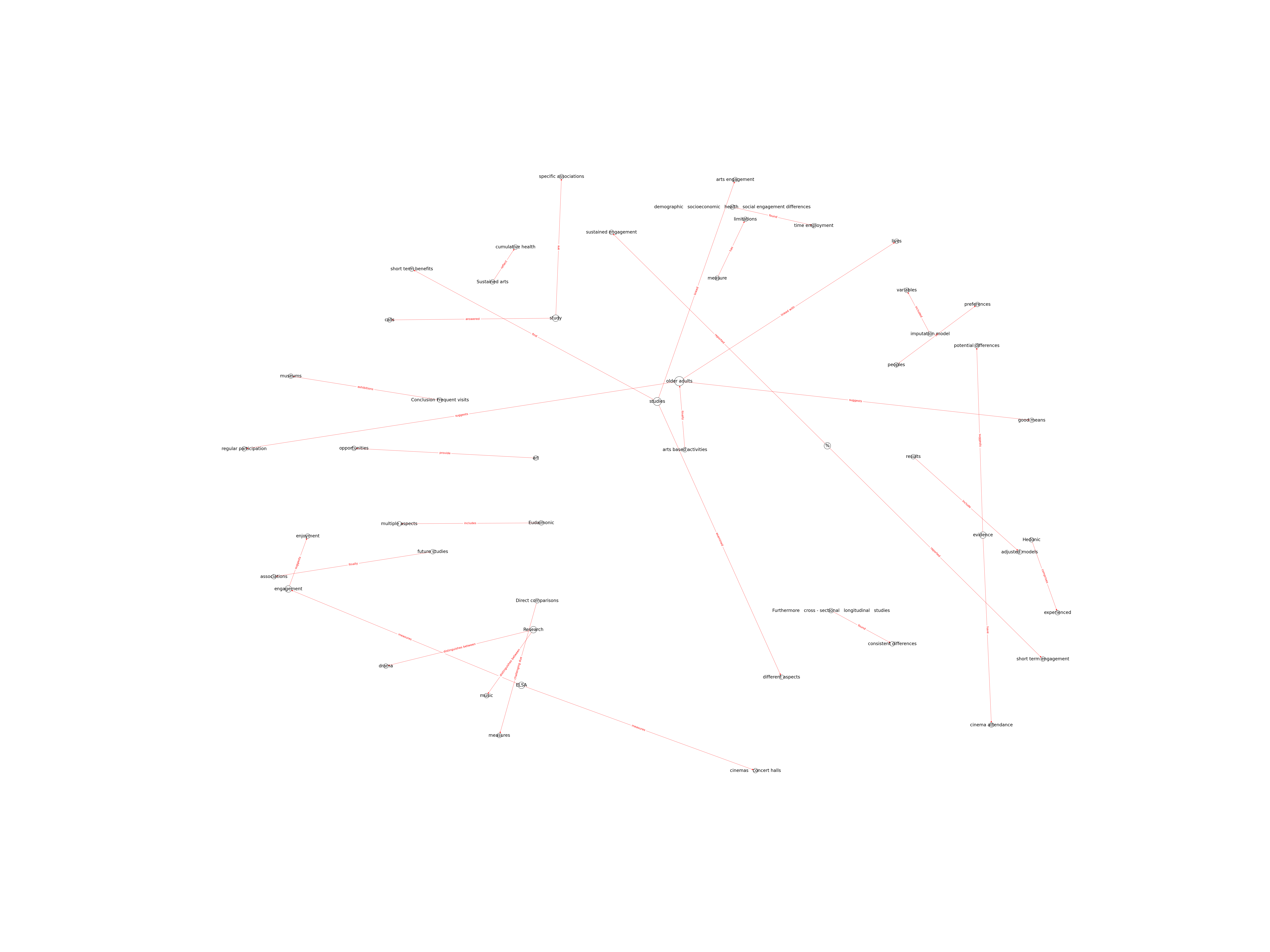| Id | 698 | |
| Author | Tymoszuk U., Perkins R., Spiro N., Williamon A., Fancourt D. | |
| Title | Longitudinal associations between short-term, repeated, and sustained arts engagement and well-being outcomes in Older Adults | |
| Reference | Tymoszuk U., Perkins R., Spiro N., Williamon A., Fancourt D.; Longitudinal associations between short-term, repeated, and sustained arts engagement and well-being outcomes in Older Adults ;Journals of Gerontology - Series B Psychological Sciences and Social Sciences vol:75 issue: 7.0 page:1609 |
|
| Keywords | Cohort study; Cultural participation; Eudaimonic well-being; Evaluative well-being; Hedonic well-being |
|
| Link to article | https://www.scopus.com/inward/record.uri?eid=2-s2.0-85089607470&doi=10.1093%2fgeronb%2fgbz085&partnerID=40&md5=5411f665111eca7fcb85d4403ac652e9 |
|
| Abstract | Objectives: This study investigated whether frequency of receptive arts engagement over 10 years contributes to experienced, evaluative, and eudaimonic well-being in older adults. Methods: We used repeated data of 3,188 respondents from Waves 2-7 (2004/2005-2014/2015) of the English Longitudinal Study of Ageing. We examined longitudinal associations between short-term (frequent engagement at one wave), repeated (frequent engagement at 2-3 waves), and sustained (frequent engagement at 4-6 waves) arts engagement and experienced, evaluative and eudaimonic well-being. We fitted linear and logistic regression models adjusted for baseline well-being and a number of sociodemographic, economic, health, and social engagement factors. Results: In the fully adjusted models, short-term engagement was not longitudinally associated with well-being, but repeated engagement with the theater/concerts/opera and museums/galleries/exhibitions was associated with enhanced eudaimonic well-being, and sustained engagement with these activities was associated with greater experienced, evaluative, and eudaimonic well-being. Discussion: Long-term frequent engagement with certain arts activities is associated with higher levels of happiness, life satisfaction, self-realization, and control/autonomy in older adults. These findings suggest that policies that facilitate older adults access to arts venues and activities, and support their continued engagement with them, may help to promote happy, fulfilling lives of an increasing segment of the population. © 2019 The Author(s). |
|
| Metodology | Technique |

Note: Due to lack of computing power, results have been previously created and saved in database


